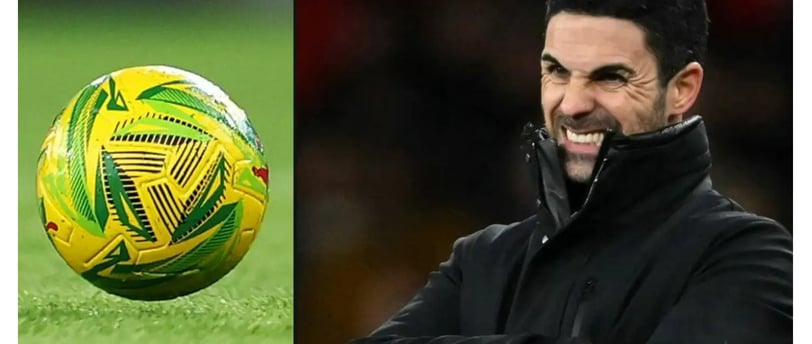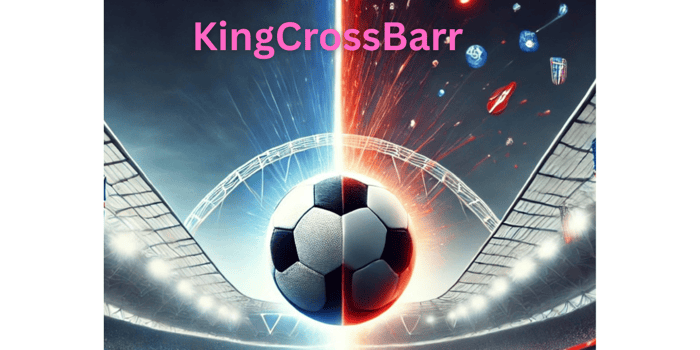Mikel Arteta Sparks Football Debate After Loss
Mikel Arteta's fiery comments after Arsenal's 2-0 Carabao Cup defeat to Newcastle United raise questions about the impact of the football used. With a shift from Nike to Puma, does the ball really make a difference? Explore the debate on performance and preparation.
1/9/20252 min read


Does the Ball Make a Difference? Mikel Arteta Sparks Debate After Carabao Cup Defeat
Mikel Arteta’s fiery post-match comments following Arsenal's 2-0 loss to Newcastle United in the Carabao Cup semi-final first leg have sparked debate about whether the choice of football impacts performance. Arsenal’s manager boldly claimed that differences in the ball’s flight and grip significantly influenced his team’s inability to convert their 23 shots into goals.
The Ball Debate: Does It Hold Merit?
Since 2000, Nike has been the exclusive provider of footballs for the Premier League. Players and teams meticulously prepare with Nike balls for league matches. However, the Carabao Cup uses Puma’s Orbita 1 ball, while Mitre supplies balls for the FA Cup, and Adidas provides those for the Champions League. This season, Arsenal has competed across all these tournaments, facing a unique ball for each competition.
Arteta noted:
"The Carabao Cup ball is very different to a Premier League ball. It flies differently, and the grip is also very different. You have to adapt to it."
While Arsenal's forwards struggled to find the back of the net—despite clear chances for Gabriel Martinelli, Kai Havertz, and Jurrien Timber—Newcastle's Alexander Isak and Anthony Gordon capitalized on theirs without issue.
Critics Weigh In
Arteta's remarks have drawn skepticism from fans and officials alike. The English Football League (EFL), which oversees the Carabao Cup, was quick to defend the ball, stating:
"The same ball is used successfully across other major European leagues like Serie A and La Liga, as well as in EFL competitions. No similar complaints have arisen in the previous 88 fixtures this season."
Puma, the ball manufacturer, has yet to comment, but the backlash has raised valid questions:
Could minor variances in ball design genuinely impact performance?
Are professional players expected to adapt seamlessly across competitions?
External Factors That Impact Matches
While Arteta’s argument may seem like a deflection, it’s worth noting that two key external factors influence match outcomes: the pitch and the ball. Any deviation in either can disrupt a team’s rhythm. For Premier League clubs like Arsenal, accustomed to the Nike Flight ball, switching to a different manufacturer’s product may feel unnatural.
A Season of Adjustments
Arsenal’s demanding season involves juggling multiple competitions. They’ve navigated ball transitions in earlier Carabao Cup rounds, where they scored 11 goals in three matches against Preston, Bolton, and Crystal Palace. Still, Arteta’s pointed remarks raise broader questions about how clubs adapt to different conditions, especially under high-pressure situations.
Conclusion
While some may dismiss Arteta’s comments as an emotional response to a frustrating loss, the conversation highlights the complexities of modern football. From the flight of a ball to its grip, even the smallest variables can potentially influence a match’s outcome. Whether or not these claims hold water, one thing is clear—the Carabao Cup defeat has reignited questions about how external factors affect performance at the highest level.
